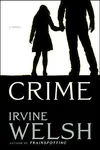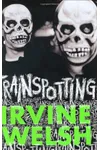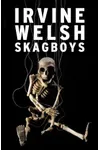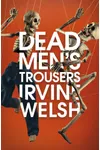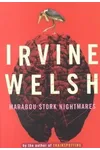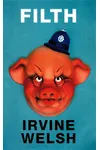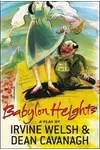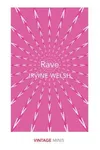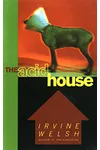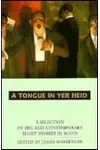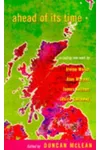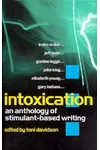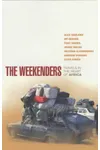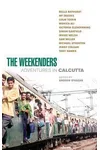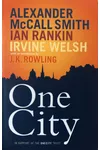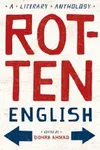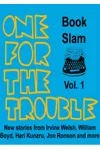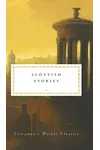Picture a Scottish rebel with a pen, spinning gritty tales of Leith’s underbelly—meet Irvine Welsh! Known for his raw, unfiltered voice and the iconic Trainspotting, Welsh captures the wild heart of working-class Scotland with dark humor and fearless honesty. From Edinburgh’s streets to Chicago’s buzz, his stories pulse with life, challenging norms and celebrating the human spirit.
The Making of Irvine Welsh
Born in Leith, Scotland, on September 27, 1958, Irvine Welsh grew up in a working-class family amid the rough charm of Edinburgh’s port district. His early years were shaped by the vibrant, sometimes chaotic culture of Leith, which later fueled his vivid storytelling. After dropping out of school, Welsh juggled jobs—dishwasher, TV repairman, punk rocker—before moving to London in the late 1970s. There, he soaked up the punk scene and began scribbling stories, finding his voice in the raw energy of the era.
A return to Edinburgh in the 1980s, coupled with a stint in property management and a heroin epidemic sweeping his hometown, sparked Welsh’s literary fire. He started writing seriously, channeling his experiences into prose that was unapologetically Scottish, laced with dialect and defiance. His breakthrough came with a bold, unpolished manuscript that would become a cultural phenomenon.
Irvine Welsh’s Unforgettable Stories
Welsh’s debut novel, Trainspotting (1993), is a gut-punch of a book, following a group of heroin addicts in Leith with a mix of humor, horror, and humanity. Written in thick Scottish dialect, it broke literary molds and became a voice for the disenfranchised, later immortalized in Danny Boyle’s 1996 film. Its sequel, Porno (2002), revisits the same crew, diving into the sleazy world of adult filmmaking with Welsh’s trademark wit.
Marabou Stork Nightmares (1995) showcases Welsh’s experimental side, weaving a comatose narrator’s memories with colonial critique and surreal horror. Meanwhile, Filth (1998) offers a darkly comic dive into the mind of a corrupt, drug-addled cop, blending satire with psychological depth. Welsh’s style—gritty realism, phonetic Scots dialogue, and a knack for finding beauty in the grotesque—sets him apart as a literary maverick.
His later works, like The Blade Artist (2016) and Dead Men’s Trousers (2018), continue to explore Trainspotting’s characters while tackling aging, redemption, and societal shifts. Whether writing novels, short stories, or screenplays, Welsh’s themes of addiction, class, and rebellion resonate with readers who crave authenticity.
Why Irvine Welsh Matters
Irvine Welsh didn’t just write books—he gave a voice to the voiceless, turning Leith’s struggles into universal stories of survival and defiance. His use of Scots dialect challenged literary snobbery, proving that regional voices could command global stages. Trainspotting became a cultural touchstone, influencing music, film, and literature, while Welsh’s fearless exploration of taboo topics—addiction, corruption, identity—pushed boundaries and sparked conversations.
Now based in Chicago, Welsh remains a literary provocateur, his work inspiring new generations of writers to embrace their roots and tell unfiltered stories. His legacy is one of courage, humor, and heart, reminding us that even in the darkest corners, there’s a story worth telling.
About Irvine Welsh
- Birth Date: September 27, 1958
- Key Works: Trainspotting, Filth, Porno, Marabou Stork Nightmares
- Notable Achievement: Trainspotting adapted into an Oscar-nominated film
- Current Residence: Chicago, USA
Ready for a wild ride? Grab Trainspotting and dive into Irvine Welsh’s gritty, glorious world!
